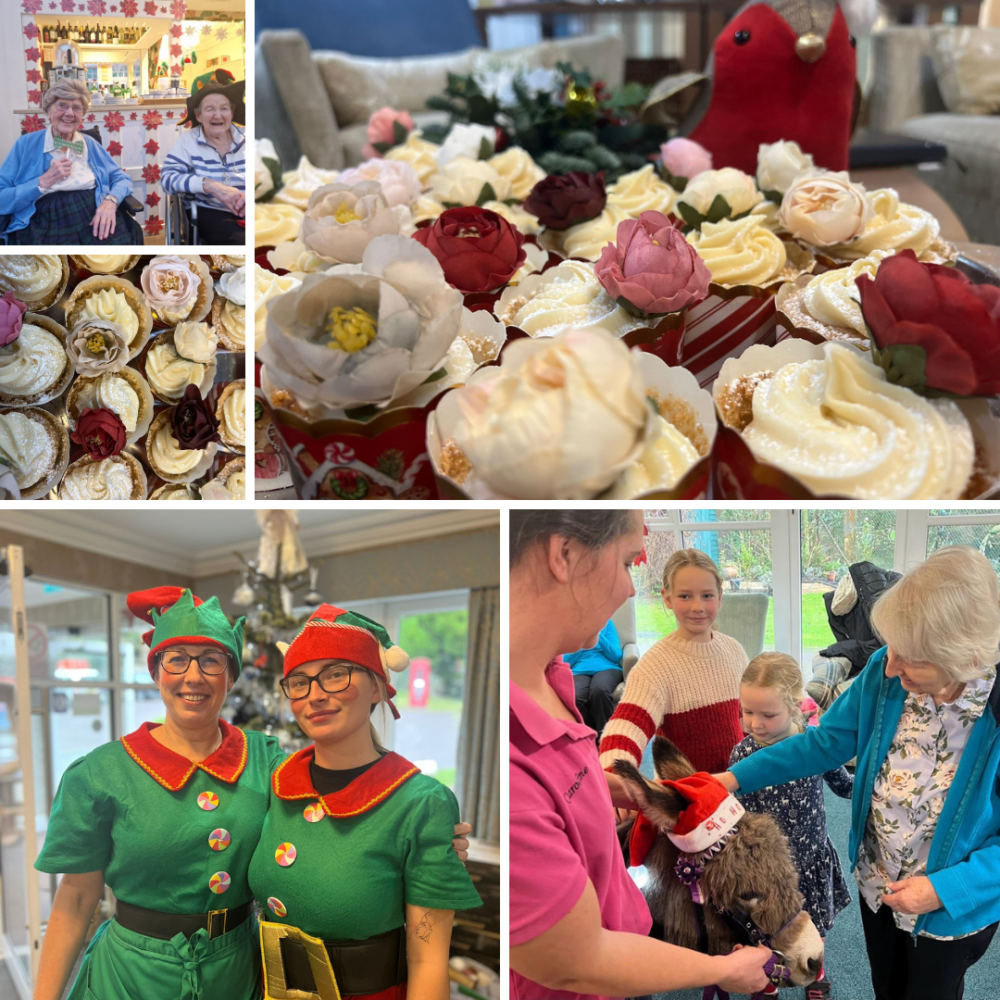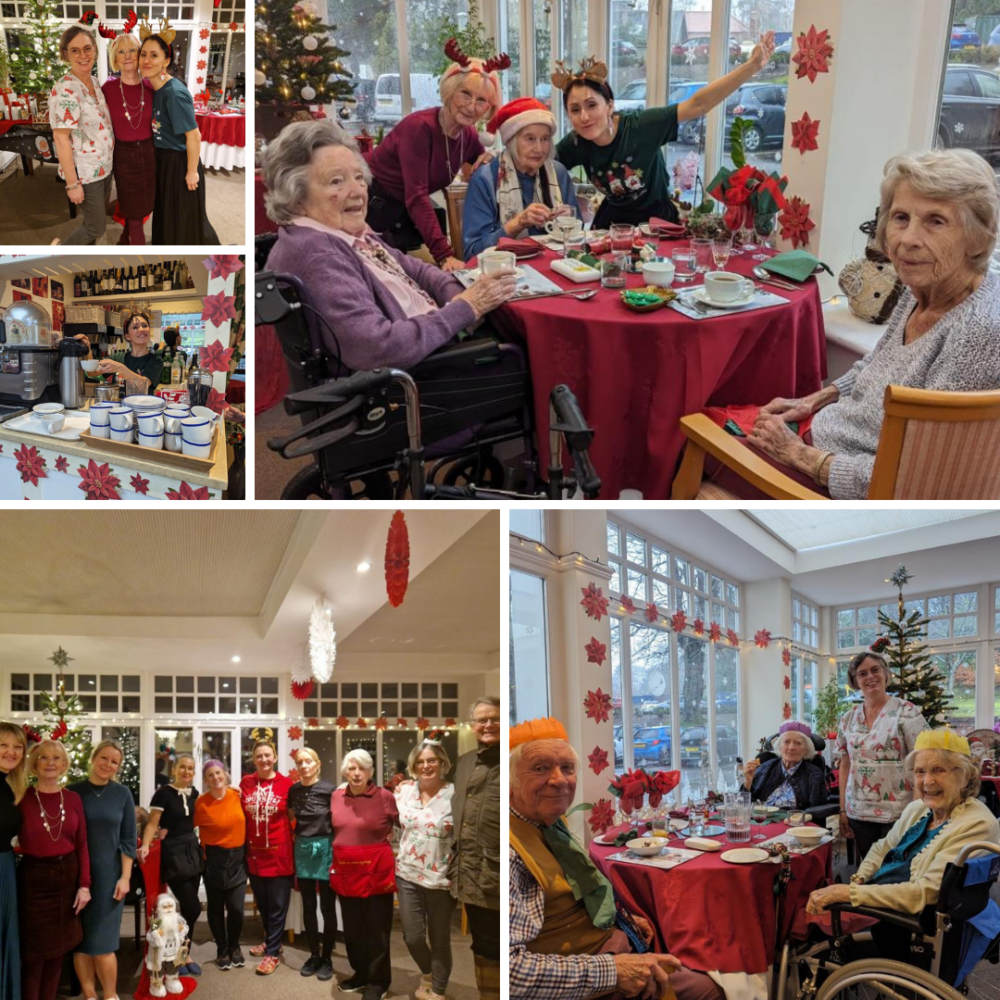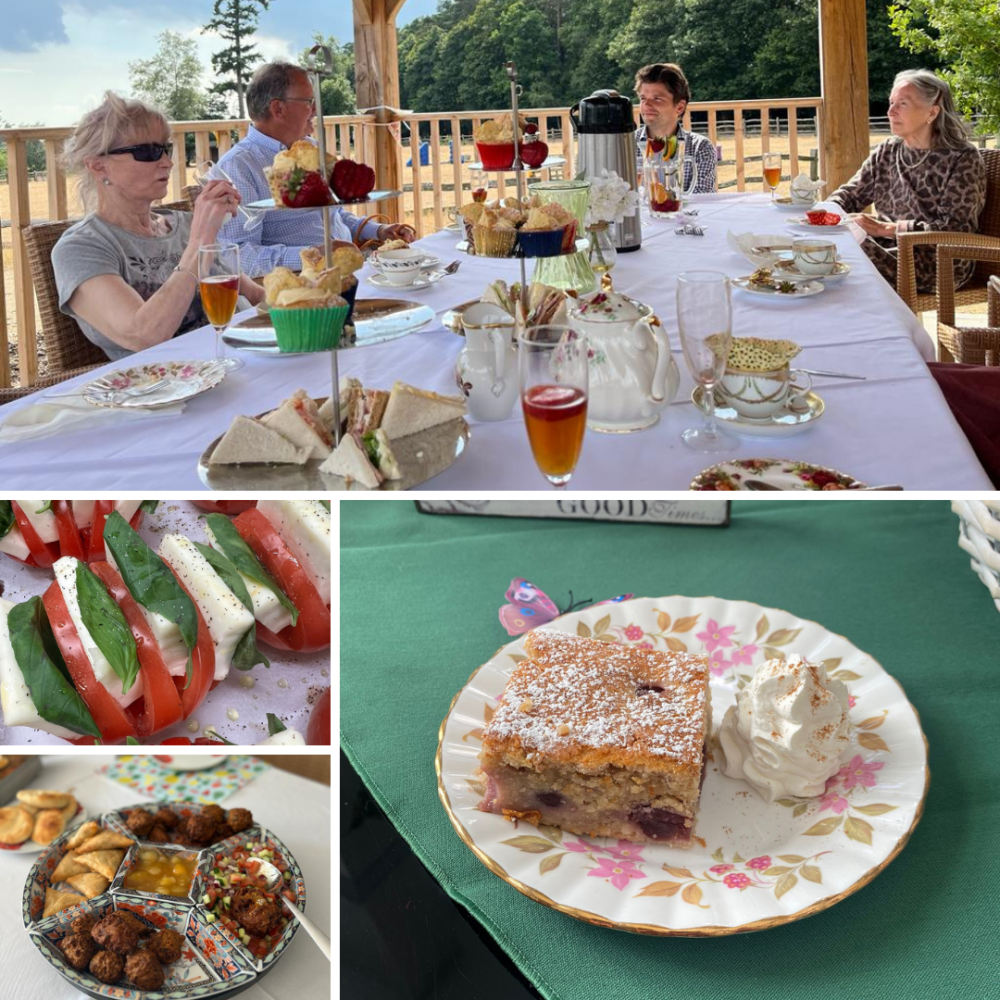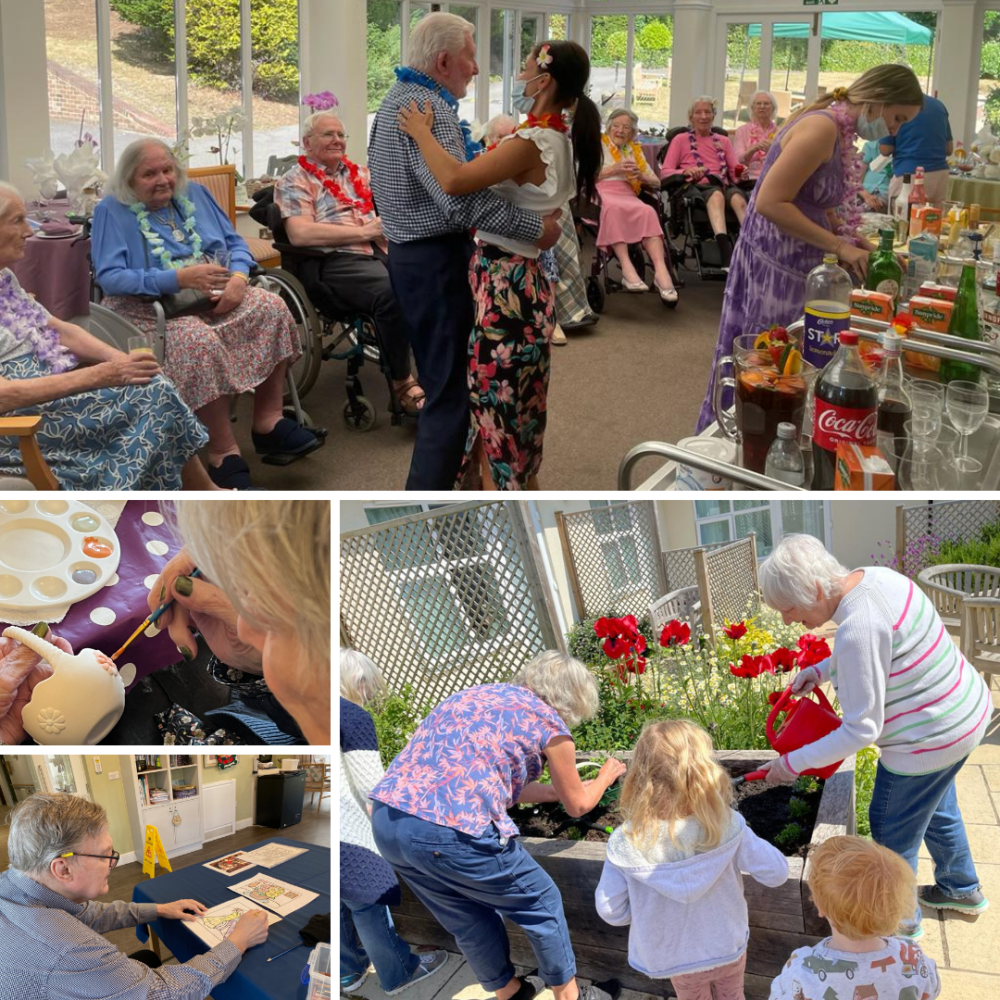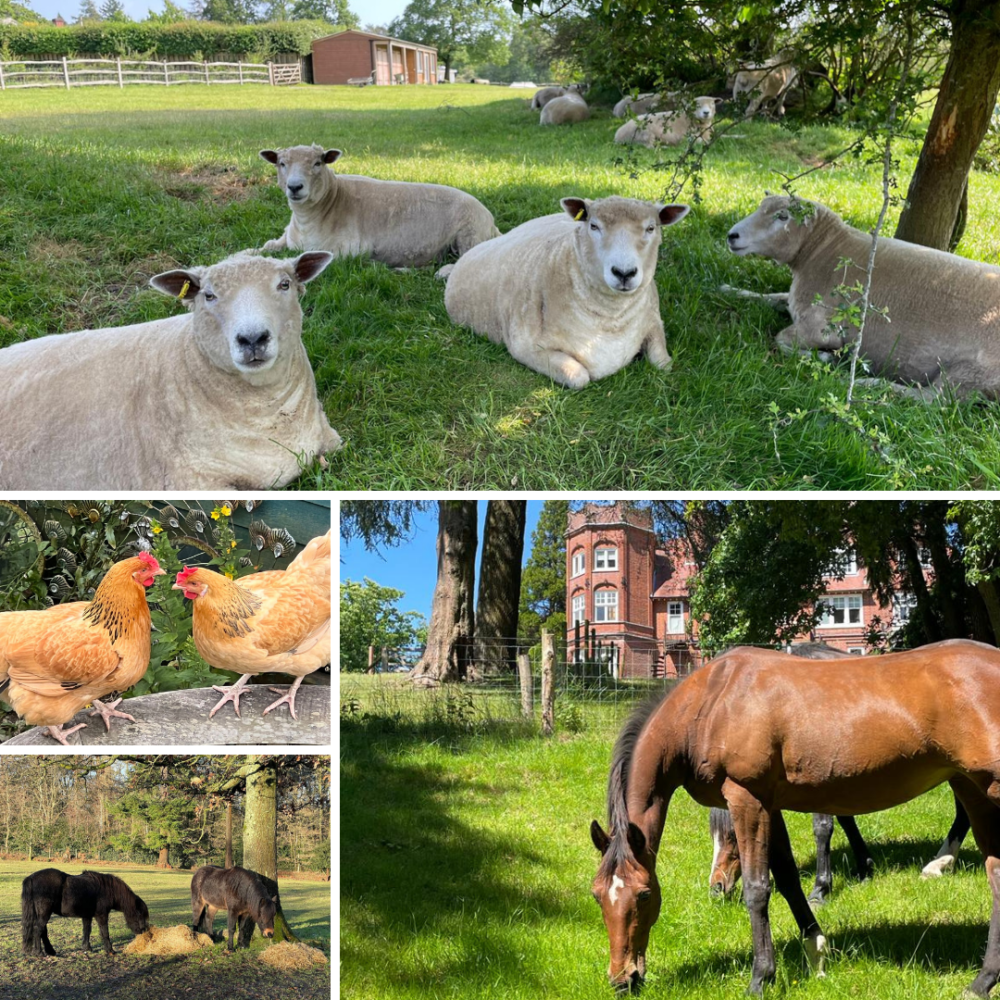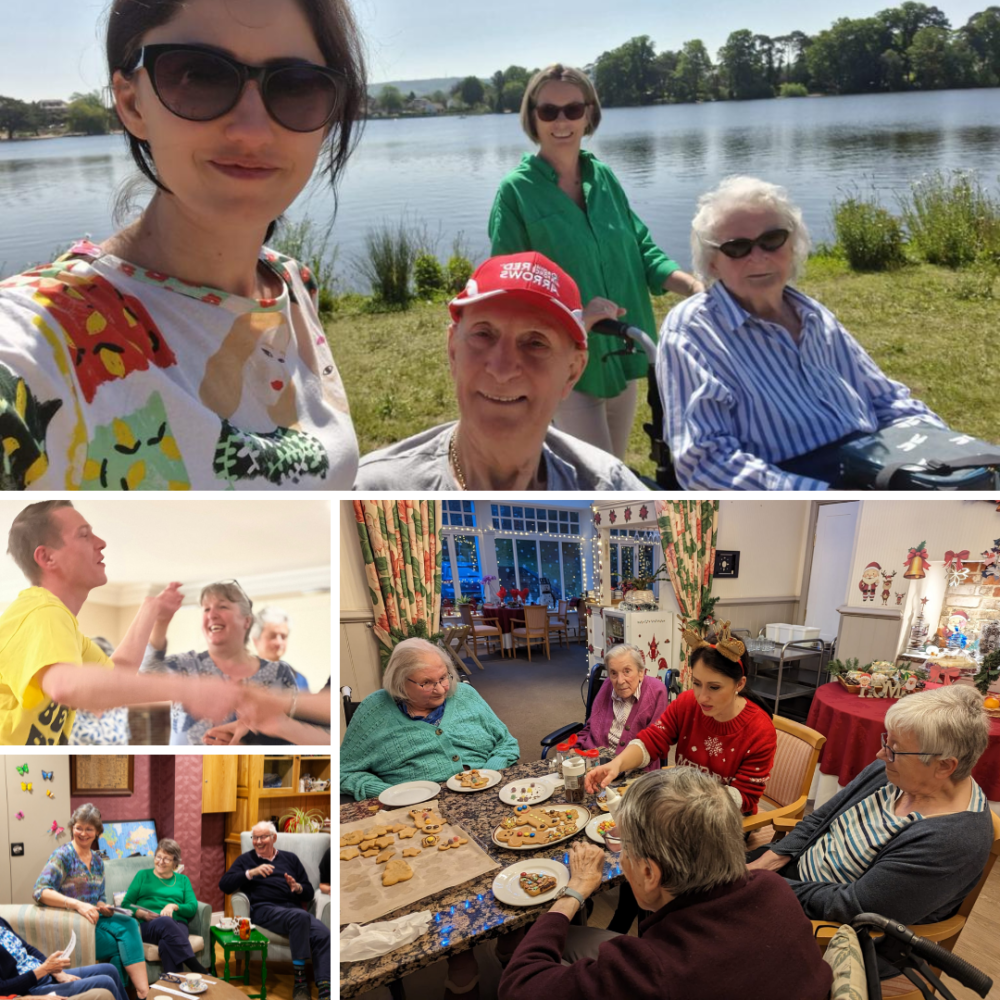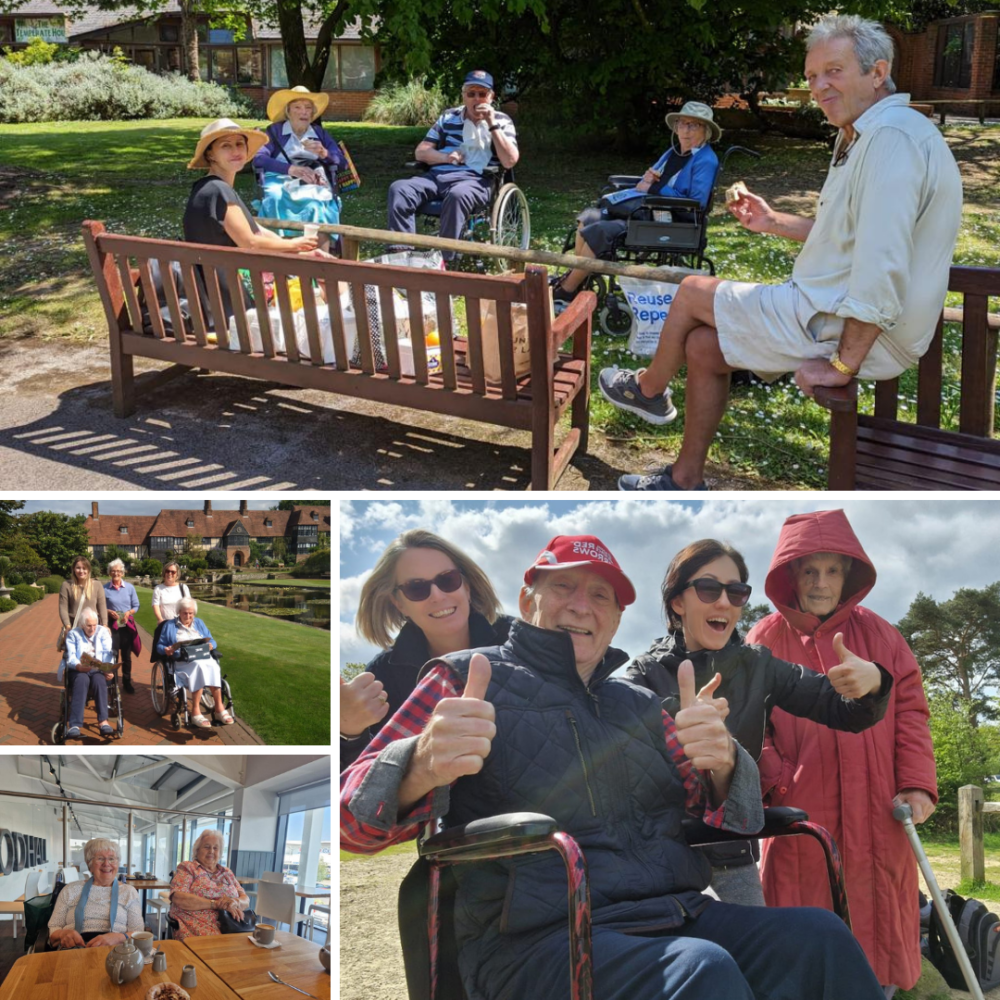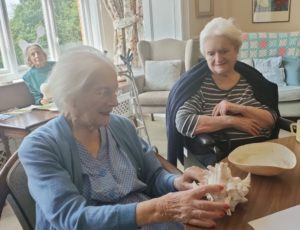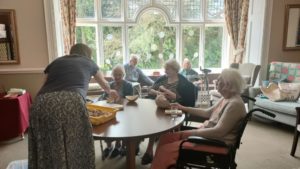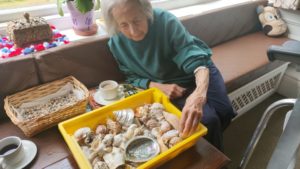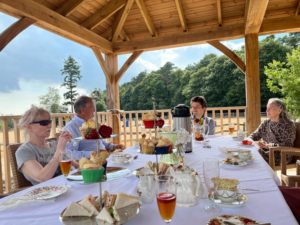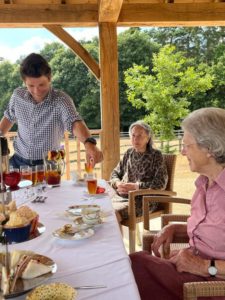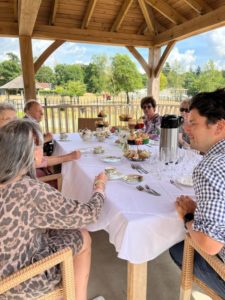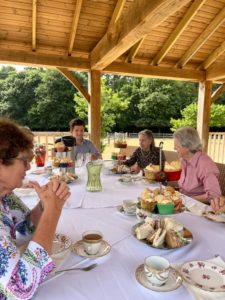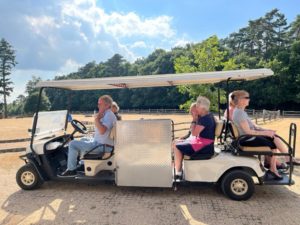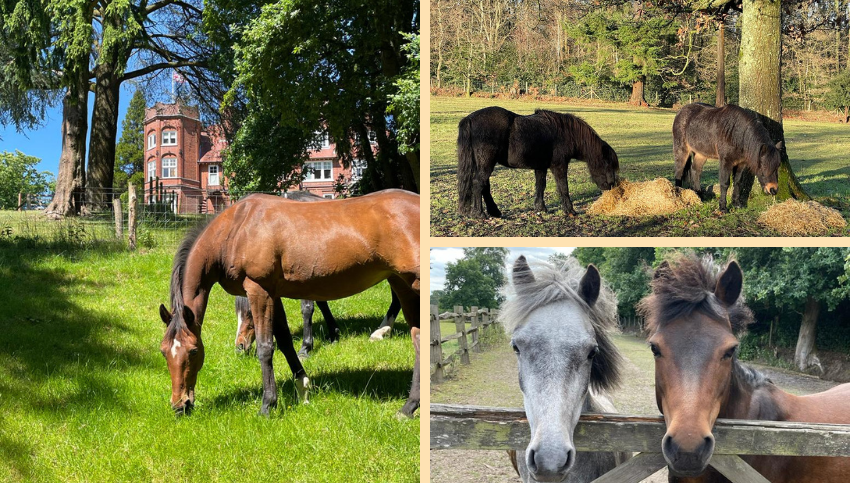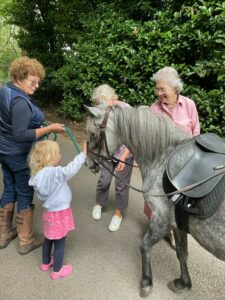In testing times, it’s not just our physical health that becomes vulnerable. Our mental health suffers, too, and often we don’t realise it’s happening until negative emotions begin to surface.
In fact, research has shown that on average, mental health has worsened by 8.1% as a result of the covid pandemic, according to The Health Foundation.
This means that it’s never been more important to look after our mental health, and that of our loved ones. So, how can we ensure that we’re setting ourselves on the right track?
7 simple and effective ways to improve your mental health today.
1. ENJOY THE PRESENT
Living mindfully and savouring the present is one of the best ways to improve our mental health. Reliving painful past experiences, as well as worrying about the future cause unnecessary bouts of anxiety and depression to surface.
As we let our thoughts drift to negative experiences and thoughts, we’re actively bypassing what’s happening in this very moment – a moment you’ll never get back.
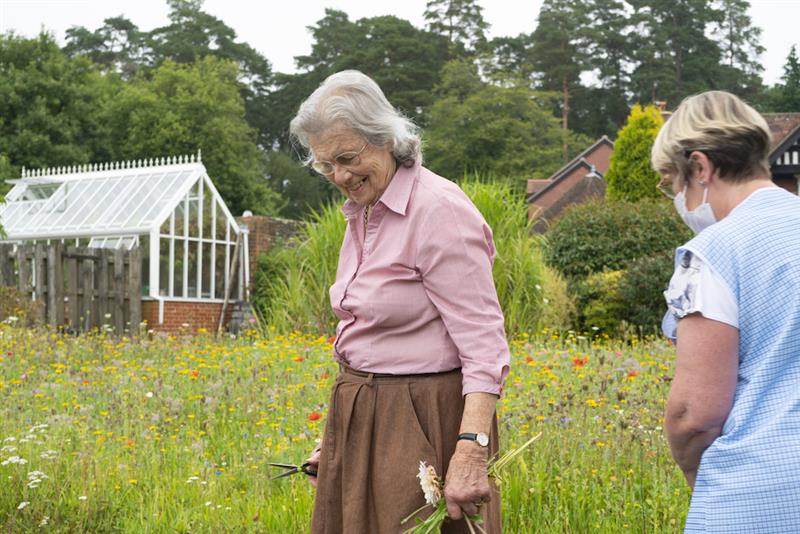
When you notice your thoughts drifting, try the following steps:
- Sit in a comfortable position, and close your eyes.
- Relax your muscles, and pay close attention to what’s going on around you; notice the smells, sounds, and the feel of your clothes against your skin.
- If it helps, imagine yourself in a peaceful setting – this could be a beach, or a rainforest.
- If you notice your thoughts beginning to drift, accept them and slowly let them wash away as you bring your attention back to the present.
Trying this mindfulness exercise can help train the mind to focus on the now – something that many of us find difficult to do when we’re surrounded by everyday distractions.
You can adopt this approach during your everyday activities, too. Next time you head out for a walk, try walking in silence for a while and pay close attention to everything you pass; you’ll likely notice things you haven’t before.
2. GET THOSE ENDORPHINS FLOWING
Endorphins, our ‘happy’ hormone, are essential to life. They allow us to feel positivity, hope and joyfulness – all of which contribute to a healthy state of mind.
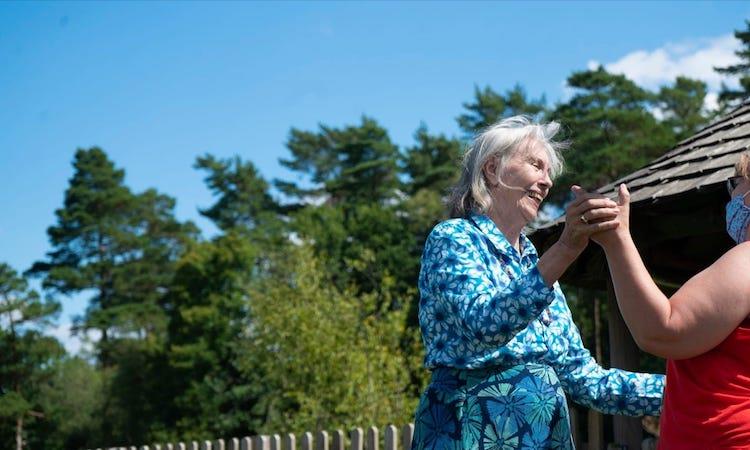
One of the easiest ways to release more of this happy hormone into our internal system is by staying active. You might, for example, try heading out for a brisk walk, or engaging in some stretching activities that promote healthy blood flow.
3. FALL IN LOVE WITH THE SMALL THINGS IN LIFE
When we can learn to appreciate the small things, such as the smell of freshly cut grass or the very first sip of fresh coffee in the morning, we create a sense of inner peace and gratitude that others may take for granted.
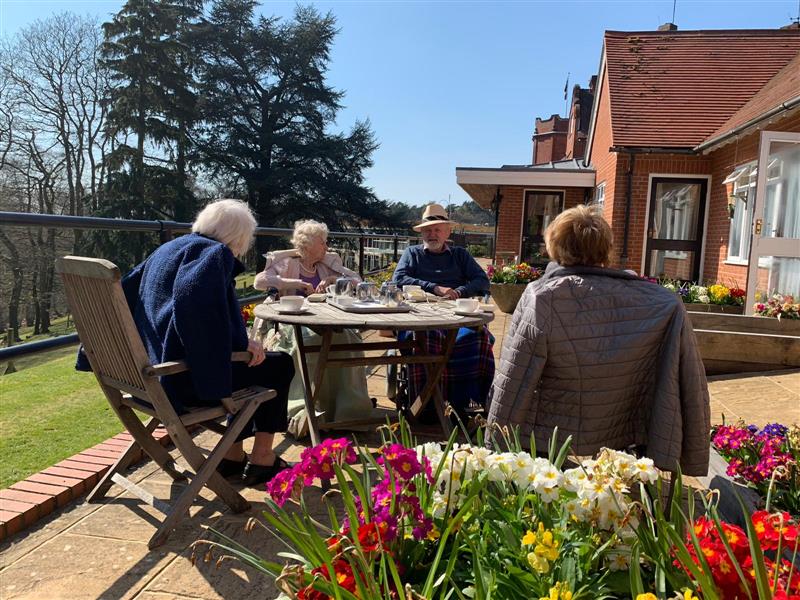
Since we live in such a fast-paced world, it can take some effort to slow down and find joy in our basic, everyday items/rituals – but doing so transforms our default mental state for the better.
4. SHIFT YOUR PERSPECTIVE
Perspective is everything. It shapes the way we see the world, as well as our own individual lives.
If you place a heavy focus on your misfortunes, for example, the world will become a solemn, untrustworthy place to be.
In contrast, if you try to look for the positives in every situation and focus on the good things that happen to you, the world will become a better place in your eyes – and you’ll likely find that your relationships with others will improve, too.
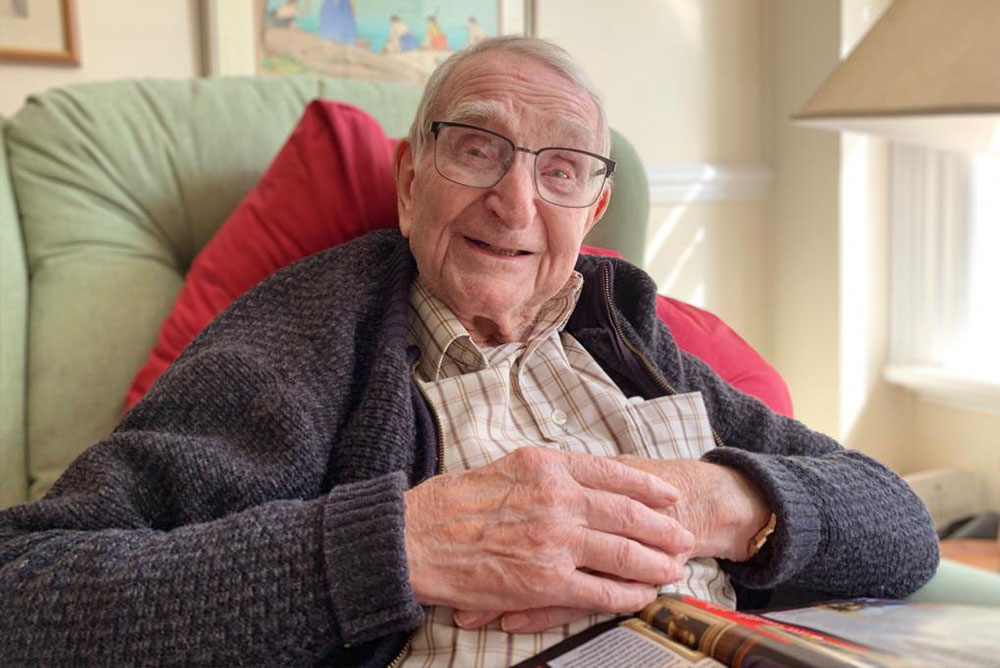
5. BE THANKFUL FOR YOUR STRENGTHS
Too many of us focus on our weaknesses, forever hoping to improve several aspects of our physical and mental being.
Whilst it’s healthy to have goals, it’s never healthy to place all of our attention on what we can’t do. Instead, focus on and celebrate your strengths.
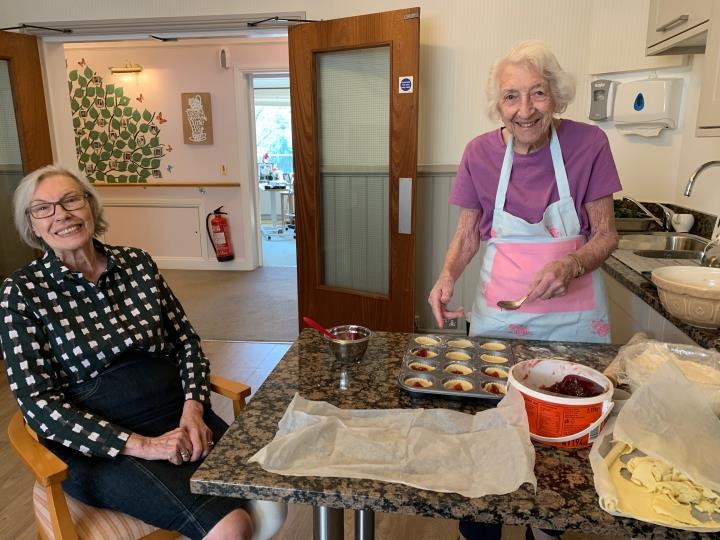
Perhaps you’re a keen learner who always likes to try new things, or you have an eye for fine art or an expert baker. Whatever it is, be thankful for your innate talent and put it to good use whenever you can.
6. ENJOY MORE INTIMATE RELATIONSHIPS
Strengthening our relationships is an easier task for some than it is for others. However, doing so can have a profound impact on our mental health, giving us more socialising opportunities and the chance to develop deeper bonds.
As humans, we are naturally sociable creatures; we crave the company of others, and when we’re deprived of this, feelings of loneliness tend to surface.
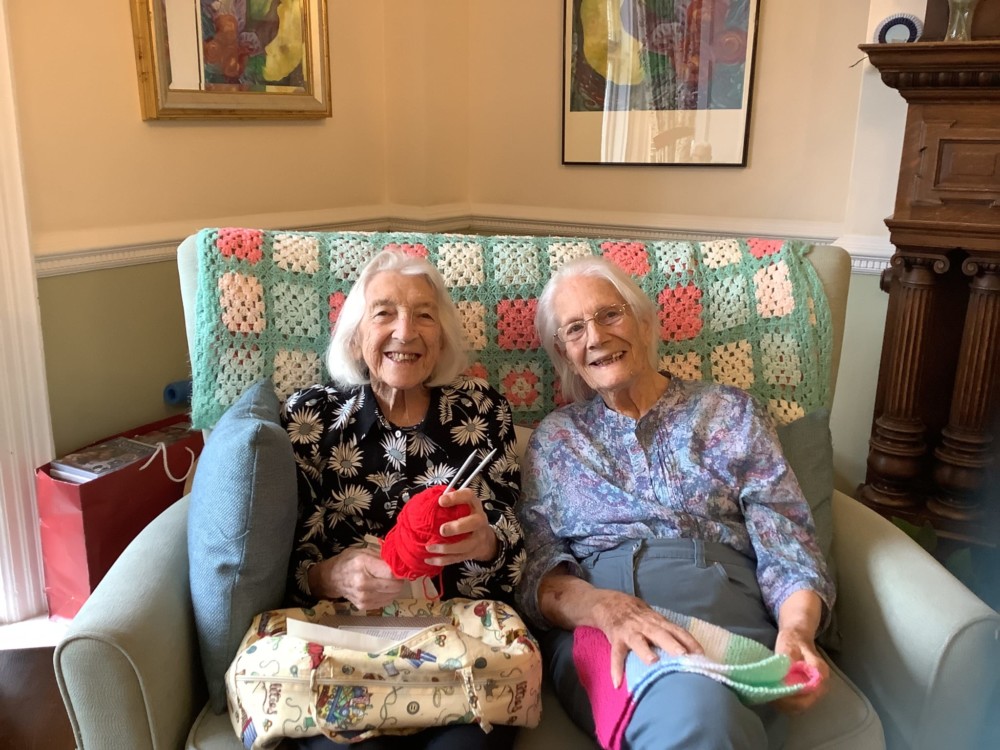
Next time you’re feeling like you could benefit from the company of a family or friend, try picking up the phone and giving them a call. Alternatively, you could head out to a local group/club in your community and form new friendships.
7. RESTORE YOUR INNER PEACE
Once you have found inner peace, feelings of stress and anxiety will start to melt away. One of the most effective ways you can do this is by learning to forgive.
Forgiveness does not always come easy, and a large part of it depends on circumstance. But what many of us fail to realise is that suppressed anger and resentment for an individual or past event largely contributes to generalised anxiety and stress on an everyday basis.
If you can, try to forgive and let go at least one thing that’s causing you to feel unpleasant emotions. It’s a kind of therapy that we can do to ourselves that brings us mental and emotional relief.
At Huntington and Langham Estate, we support our residents with their physical and mental health through our holistic care approach. From welcoming our new PAT dog to celebrating #GladtoCare Week, we’ve been spreading cheer in abundance.
To find out more about what we’ve been up to, take a look at our social channels. Alternatively, click here to speak to a member of our team.




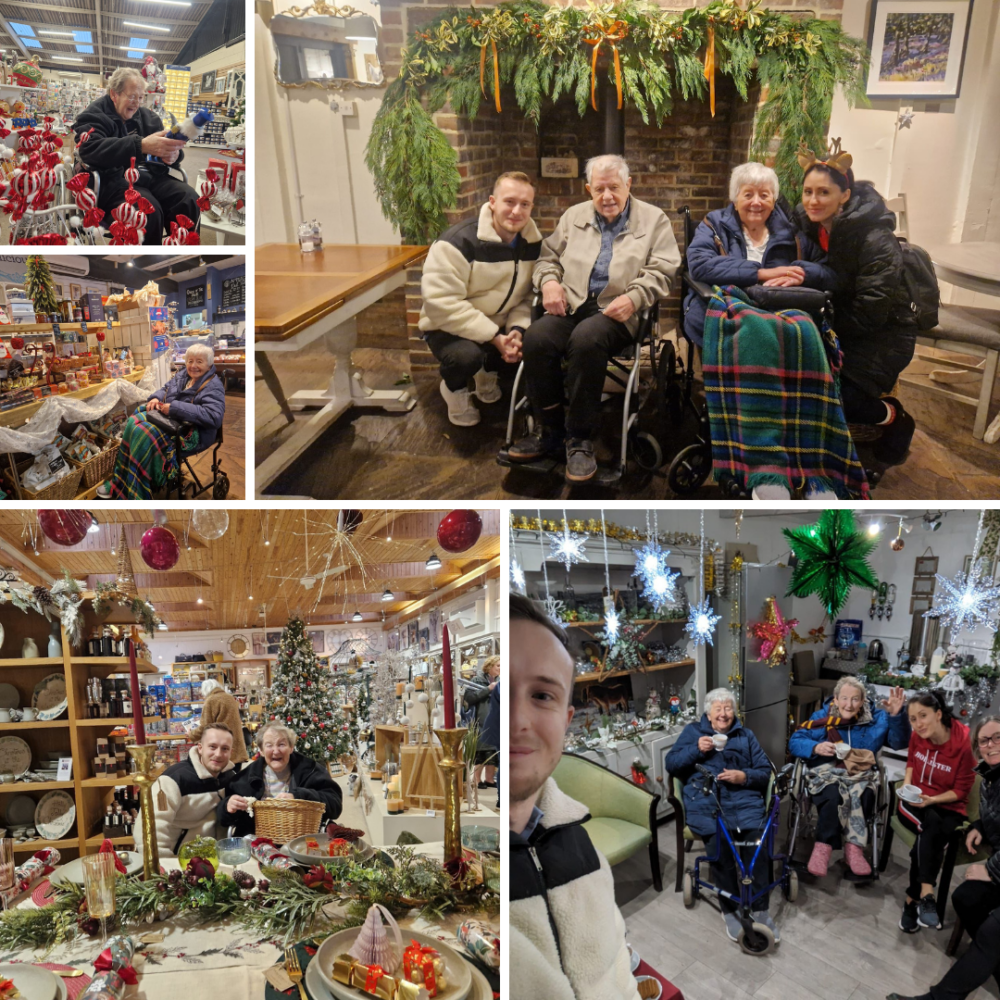
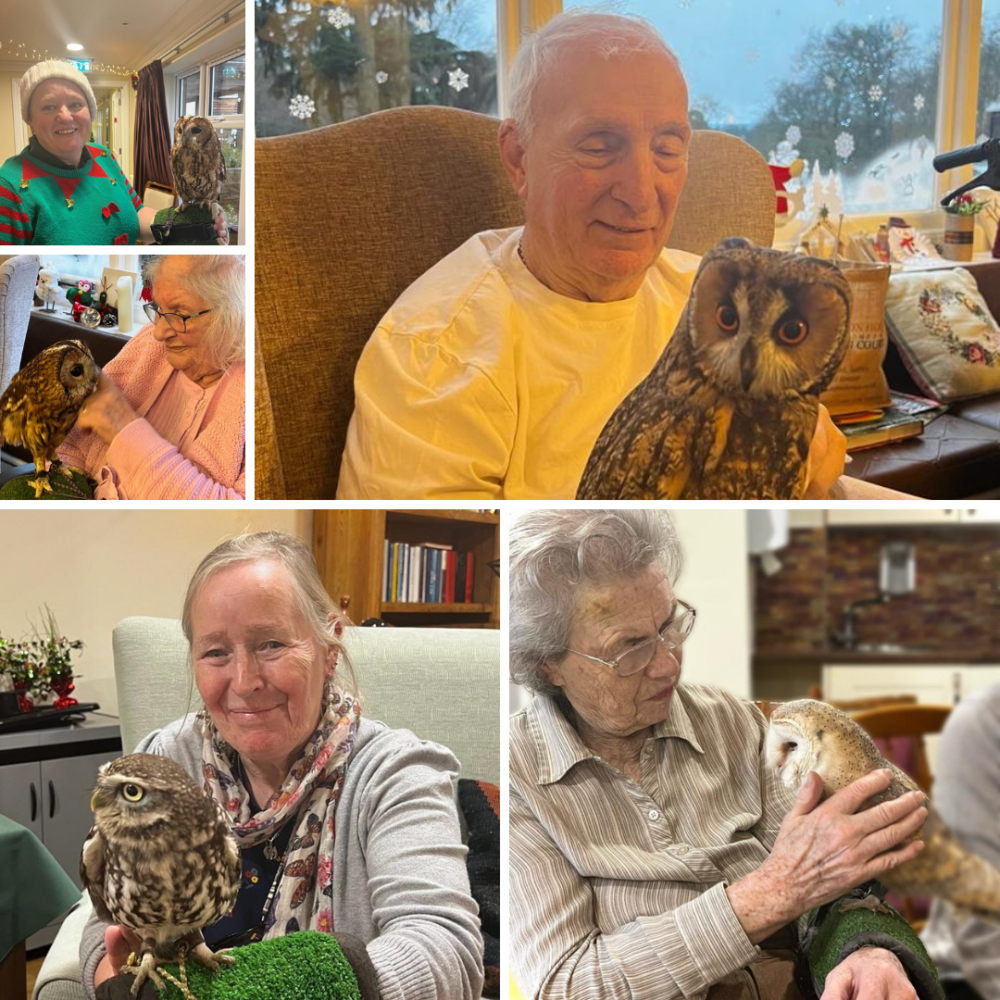
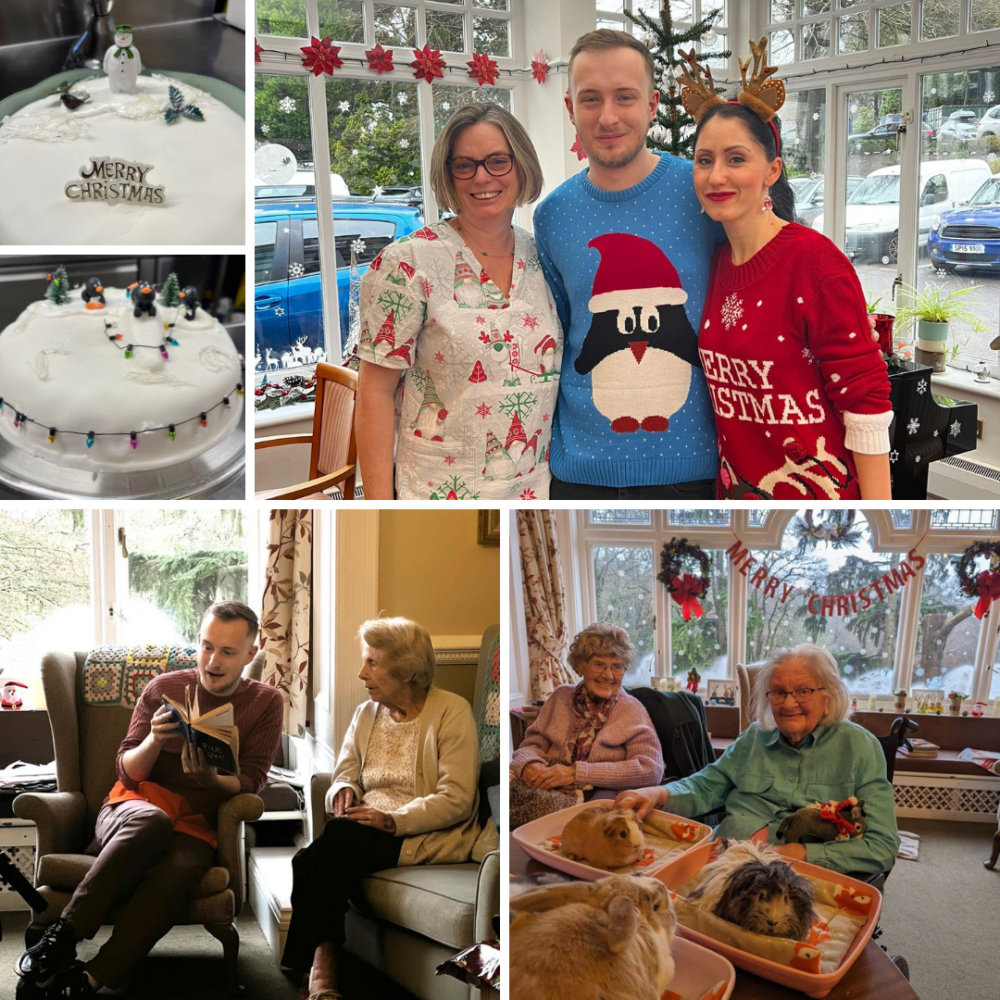
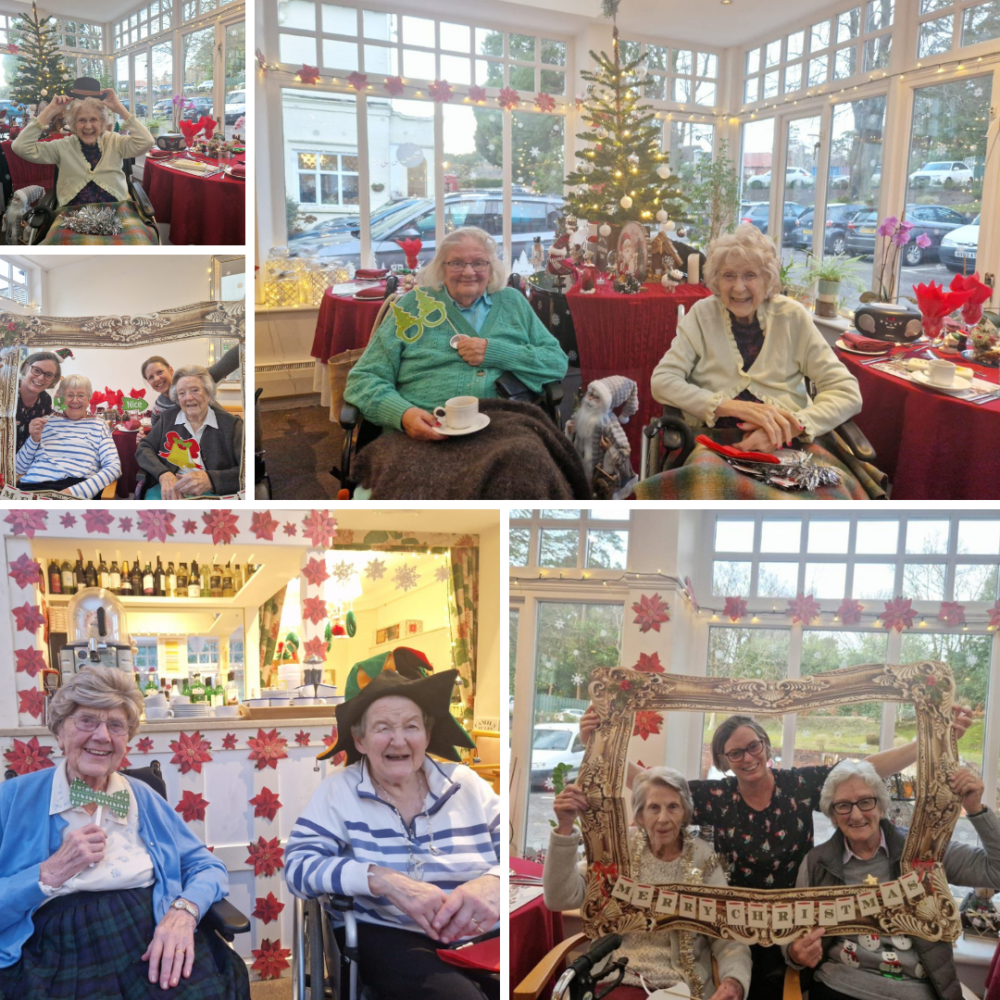
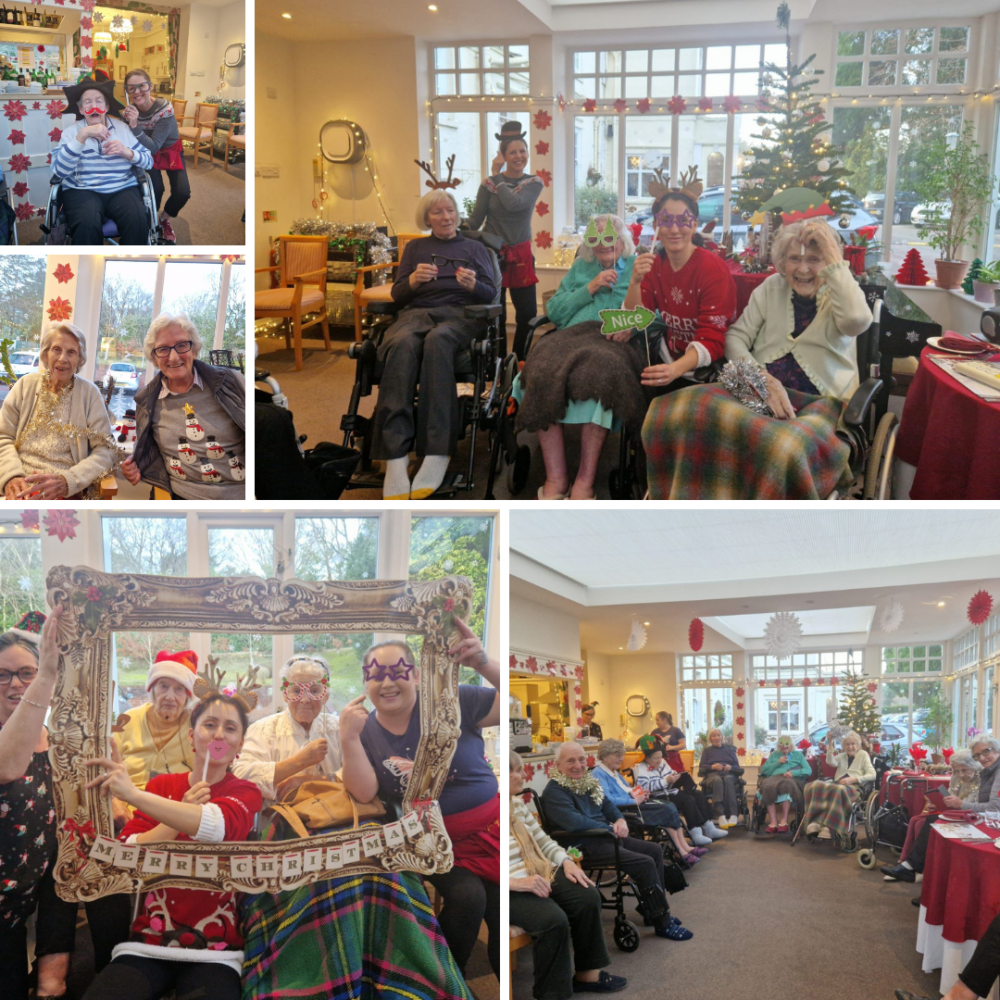 Santa visits the Huntington and Langham Estate
Santa visits the Huntington and Langham Estate
